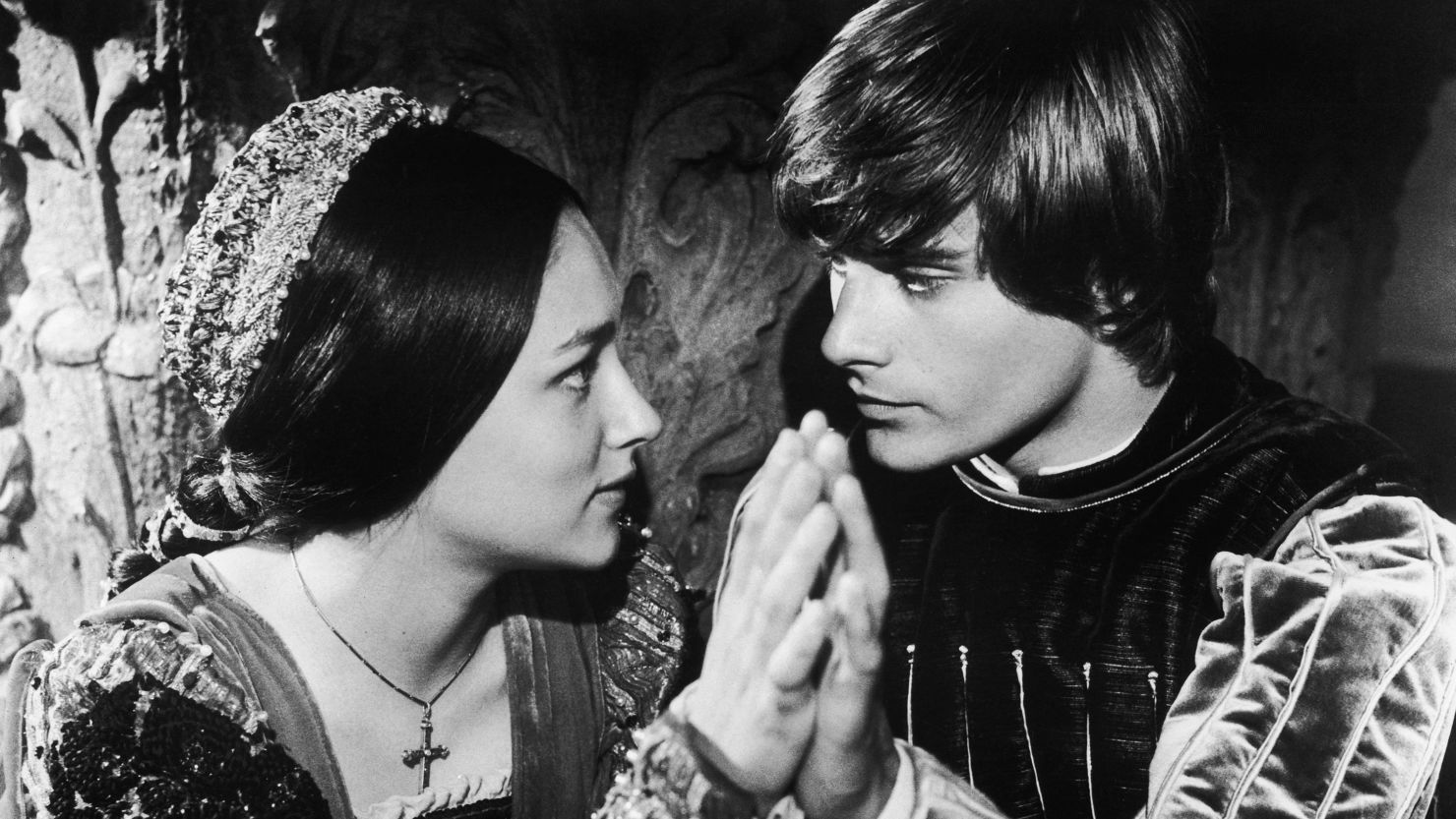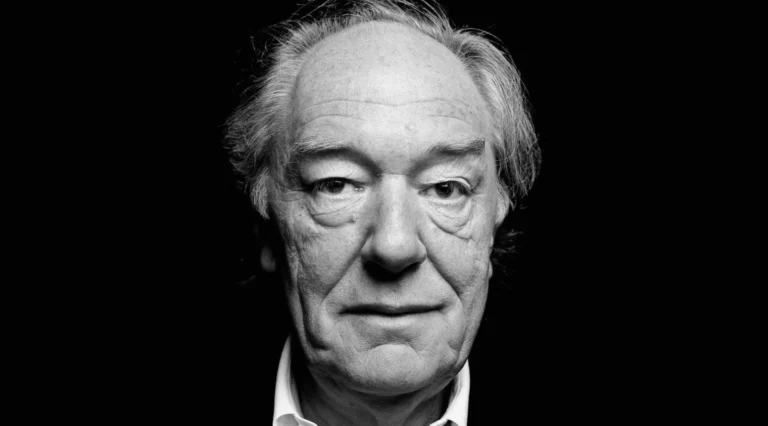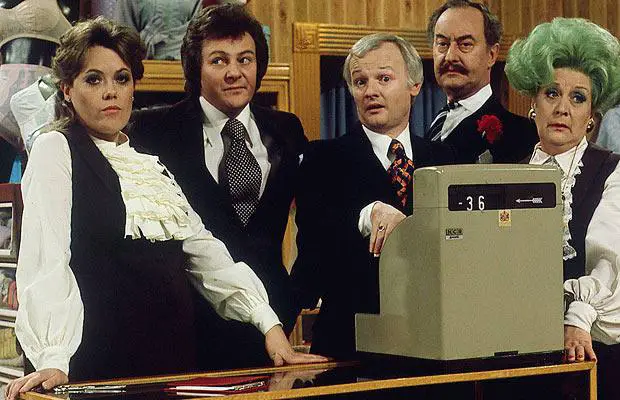Leonard Whiting and Olivia Hussey: The Star-Crossed Lovers of Classic Cinema

Leonard Whiting and Olivia Hussey are two names forever etched in cinematic history for their unforgettable performances in Franco Zeffirelli’s 1968 film adaptation of Romeo and Juliet. Their portrayal of Shakespeare’s iconic lovers captured the hearts of audiences and set a new standard for romantic films. Here’s a closer look at the fascinating facts surrounding these two actors and their enduring impact on film.
Leonard Whiting: The Rising Star
1. Breakthrough Role
Leonard Whiting, born on June 30, 1950, in London, was relatively unknown before being cast as Romeo in Zeffirelli’s Romeo and Juliet. His portrayal of the young, passionate Romeo earned him critical acclaim and a place in film history. Whiting’s fresh-faced charm and earnest performance were instrumental in bringing Shakespeare’s classic to life for a new generation.
2. A Diverse Career
Following his success in Romeo and Juliet, Whiting’s career included a mix of film and television roles. He appeared in several productions throughout the 1970s and 1980s, including the TV miniseries The Loves of Juliet (1974) and the film The Taming of the Shrew (1980). While he did not achieve the same level of fame as some of his contemporaries, his role as Romeo remains a defining moment in his career.
Olivia Hussey: The Timeless Juliet
1. Defining Role as Juliet
Olivia Hussey, born on April 17, 1951, in Buenos Aires, Argentina, gained international recognition for her portrayal of Juliet Capulet. At just 17 years old, Hussey’s performance was noted for its emotional depth and youthful beauty. Her depiction of Juliet was praised for its sincerity and brought a fresh, authentic portrayal of Shakespeare’s tragic heroine.
2. A Successful Career
Like Whiting, Hussey enjoyed a successful career following Romeo and Juliet. She appeared in a variety of films and television series, including Black Christmas (1974), a groundbreaking slasher film, and the TV miniseries The Bastard (1978). Her role in Romeo and Juliet continued to influence her career choices and public image, but she demonstrated considerable versatility in her subsequent work.

The Impact of Romeo and Juliet
1. A Groundbreaking Adaptation
Franco Zeffirelli’s film adaptation of Romeo and Juliet was groundbreaking in many ways. The film was notable for its use of young, inexperienced actors to portray the teenage lovers, lending an authenticity to the characters that had been previously unseen in Shakespearean adaptations. The film’s lush cinematography, combined with the raw emotion of Whiting and Hussey’s performances, contributed to its critical and commercial success.
2. Lasting Legacy
The film remains a classic and is often cited as one of the best adaptations of Shakespeare’s work. Whiting and Hussey’s performances are still celebrated for their purity and emotional intensity. Their portrayal of Romeo and Juliet continues to inspire new generations of actors and filmmakers.
Conclusion
Leonard Whiting and Olivia Hussey’s portrayal of Romeo and Juliet in Franco Zeffirelli’s 1968 film remains one of the most iconic representations of Shakespeare’s timeless play. Their performances captured the essence of youthful passion and tragedy, leaving an enduring legacy in the world of cinema. Despite the passage of time, their roles as the star-crossed lovers continue to resonate with audiences, ensuring that their place in film history is secure.
What are your thoughts on Whiting and Hussey’s performances or their impact on cinema? Share your comments below!






